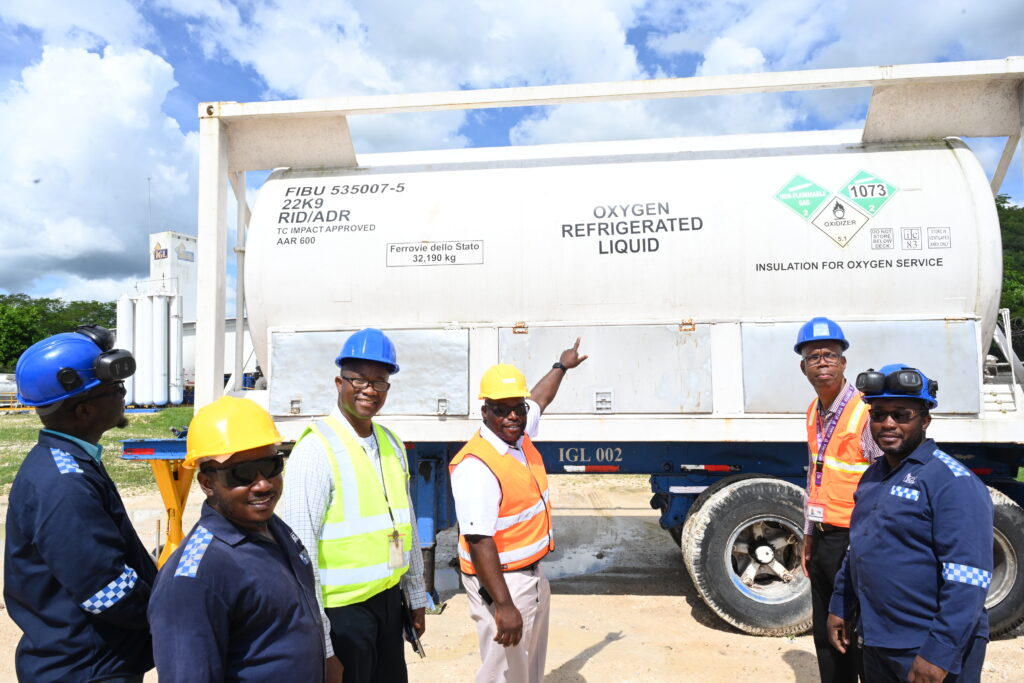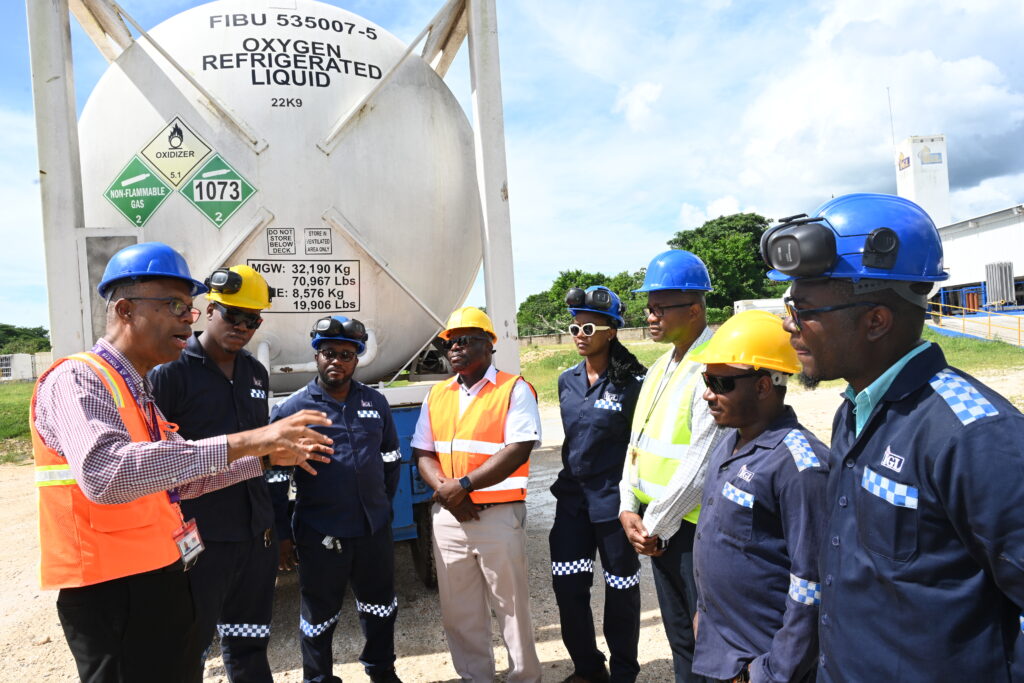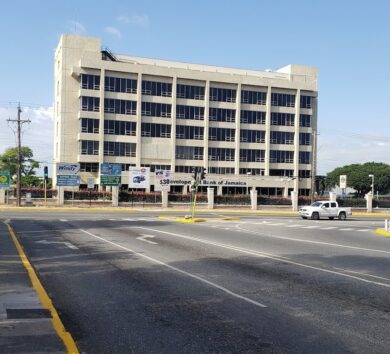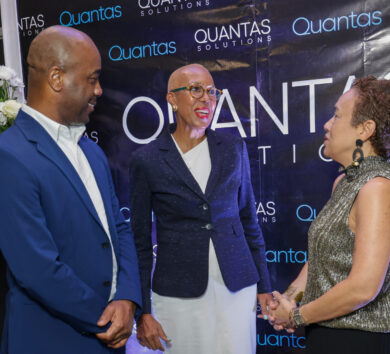

Massy Gas Products Jamaica, under its IGL brand, has made history with its first export of locally produced medical-grade oxygen, which was destined for The Bahamas.
The company’s shipment of an International Organisation for Standardisation (ISO) tank containing 16 tonnes of liquid medical-grade oxygen departed the island on November 9, 2024.
According to the company “The groundbreaking achievement positions Jamaica as an emerging healthcare leader in the region and marks a significant step in Jamaica’s journey toward economic resilience and self-reliance.”
Additionally, Peter Graham, CEO of Massy Gas Products Jamaica, pointed out that the shipment is a significant step towards self-sufficiency in local oxygen production. It further reinforces the company’s sustainable development goals, bolsters job creation, and supports the Government’s vision for an export-led economy that drives foreign exchange earnings.

“We are revolutionising the health sector,” said Graham. “This shipment aligns with our mission to embark on an export-led growth model and to actively participate in leading Jamaica into an era of economic diversification.”
Graham noted that the inaugural shipment also solidifies Massy’s commitment to innovation.
“This is a natural evolution for us and we expect to continue growing the export side of the business in 2025,” he said.
Minister of Industry, Investment and Commerce Senator Aubyn Hill congratulated Massy Gas Products Jamaica on this significant development. He added that this historic achievement by the company in exporting Jamaica’s first shipment of locally produced medical-grade oxygen “reflects our country’s commitment to meeting the highest standards in quality and safety, especially in vital sectors like healthcare”.
“During the COVID-19 pandemic, IGL demonstrated its commitment to national resilience by ramping up oxygen supplies to meet urgent demand, underscoring its role as a vital partner in Jamaica’s healthcare infrastructure. With this export, Jamaica strengthens its position as a reliable regional supplier and also reinforces the robust national capacity we’ve built to ensure continuous, high-quality oxygen supply—a necessity for patient care across the Caribbean. Through initiatives like these, we are expanding our role in regional healthcare, driving economic growth, and affirming Jamaica’s reputation for excellence in production,” Hill stated.
In 2018, before being acquired by Massy Group, IGL, Jamaica’s major supplier of medical oxygen, invested US$10 million to construct a state-of-the-art Air Separation Unit (ASU) at the company’s location in Ferry, St. Catherine. The world-class facility was built with the capacity to produce 13 metric tonnes of medical-grade liquid oxygen daily, along with food-grade liquid nitrogen. Prior to this groundbreaking investment, Jamaica relied entirely on imported oxygen, creating vulnerabilities in the healthcare supply chain. The ASU has been a critical aspect of the import-substitution strategy to produce oxygen locally and avoid reliance on importation.
In 2021, IGL further augmented its production capacity for medical-grade oxygen with the installation of a Pressure Swing Absorption (PSA) plant at close to $100 million. Now a wholly owned Massy subsidiary, IGL continues to re-engineer the future of Jamaica’s health sector.
“Our vision from the outset was to build a local production facility that had sufficient capacity to meet current and future local demand, plus export within the Caribbean,” said Graham.
The ASU plant, which is ISO 9001 certified, is a highly automated process and is run by a cadre of highly qualified and fully certified locally trained engineers. Massy’s commitment to sustainability is also evident in its liquified natural gas (LNG)-powered combined heat and power plant, minimising the environmental impact of its operations.
This eco-friendly initiative further demonstrates Massy’s commitment to Environmental, Social, and Governance (ESG) principles. “Even as we make history, we continue to integrate global standards into the ethos and culture of our operations to reduce our carbon footprint,” Graham said.






Comments